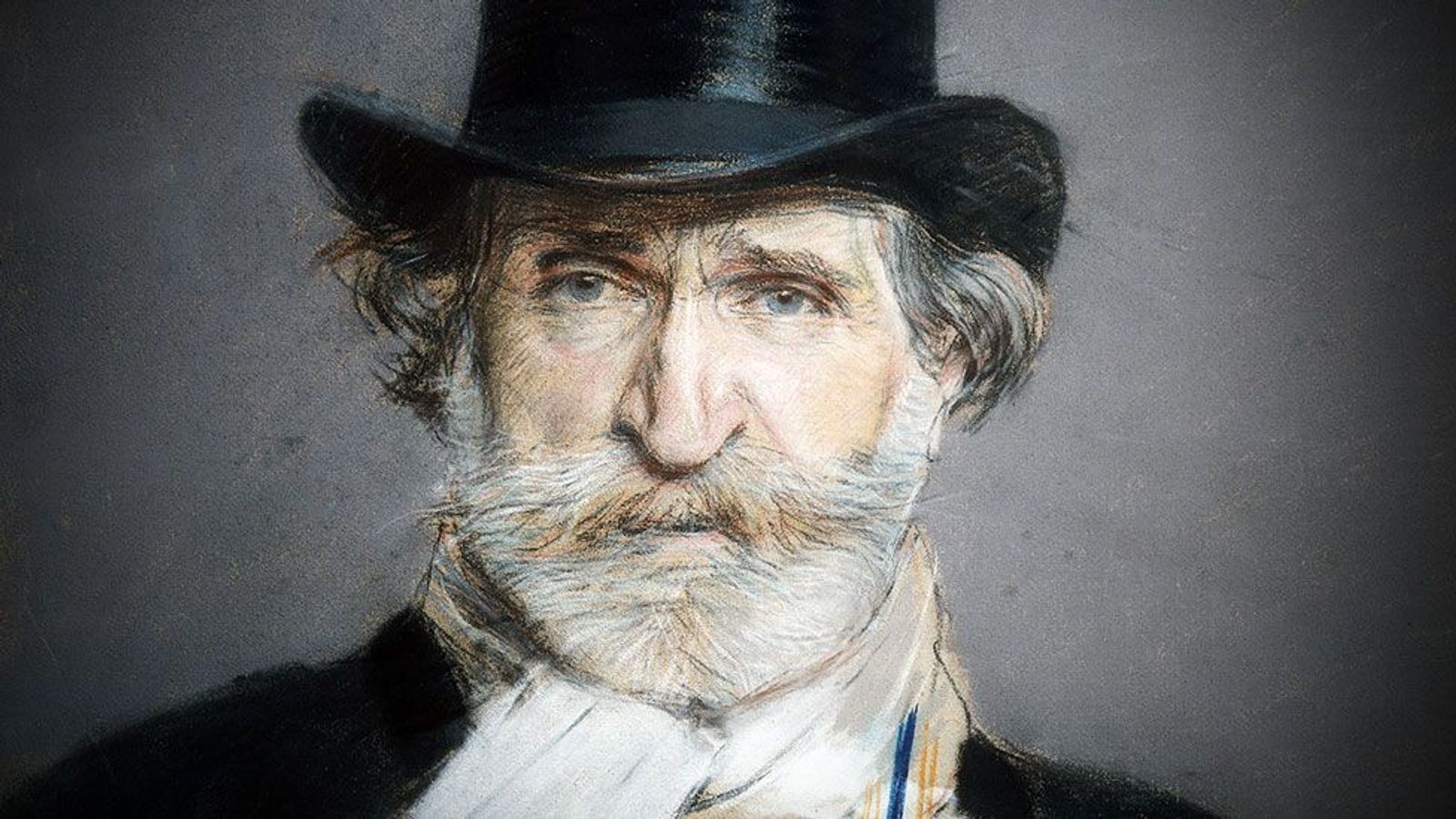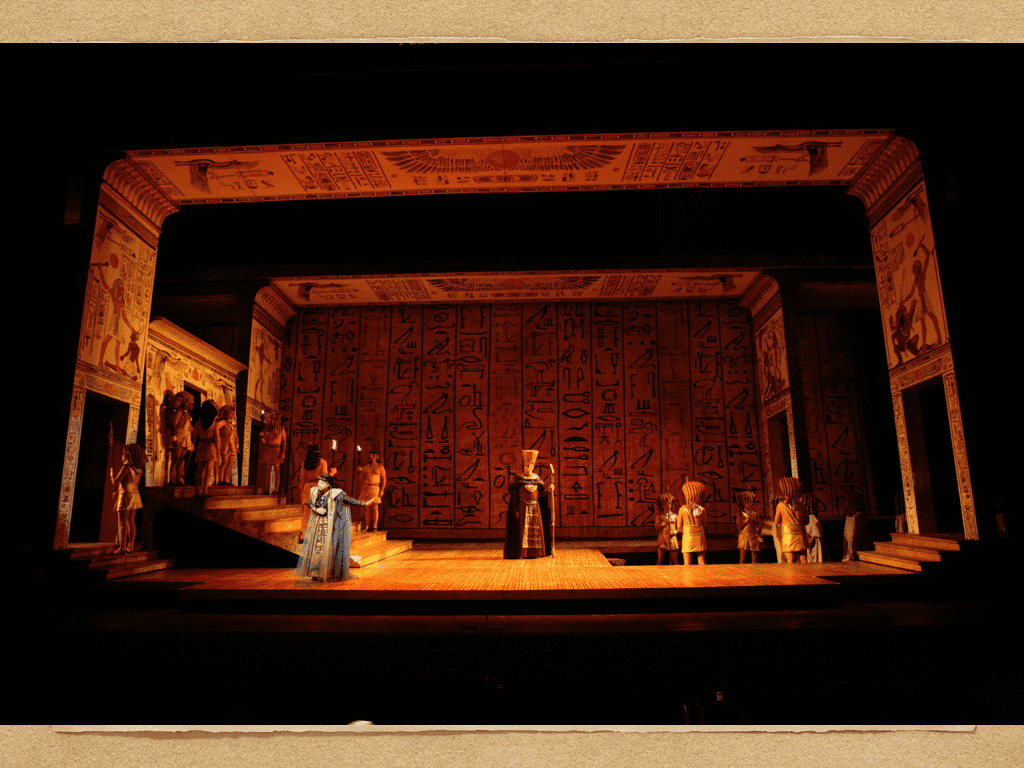

Tragically, Verdi’s children died in infancy, and his wife died soon after, leaving him distraught. In the same year, he married Margherita, and they soon had two children. Barezzi sponsored his further musical studies in Milan before Verdi returned to Busseto in 1836 as maestro di musica. There he gave singing and piano lessons to Barezzi’s daughter Margherita.
From 1831, he lodged at the home of Antonio Barezzi, a successful merchant and keen amateur musician. Aged ten, he moved to Busseto to further his education. By the age of nine, young Giuseppe was the resident organist at the church of San Michele, Roncole. When he was seven, his father bought him a spinet.

Verdi began his education before he was four. However, he benefited hugely from an ambitious, middle-class father, who arranged music lessons and many other opportunities for him. Verdi liked to give the impression that he came from a peasant background. A profoundly serious man, his final opera was a brilliant comedy. Father and daughter relationships are a recurrent theme in his work, as are the subjects of injustice, oppression and religious hypocrisy. The Drinking Song from La traviata, The Chorus of the Hebrew Slaves from Nabucco and ‘La Donna è mobile’ from Rigoletto are as well known in popular culture as they are in the world of opera. More than 150 years after his death, the works of Giuseppe Verdi form a major part of today’s opera repertoire.


 0 kommentar(er)
0 kommentar(er)
